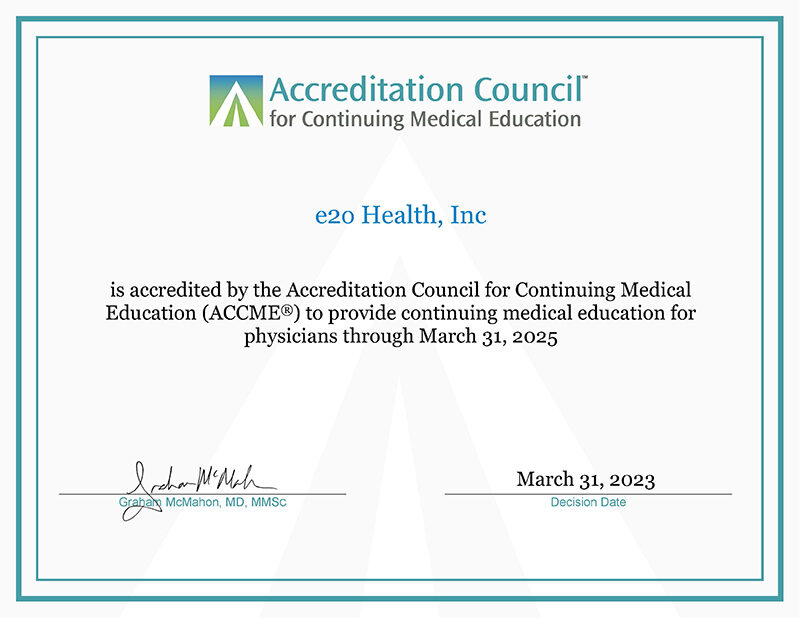Watchdog is your source for an all-inclusive platform that can streamline your internal processes allowing your organization to focus on what matters the most; your patients. Our cloud-based solution also provides healthcare compliance education and assists in the medical credentialing process. Our SAM exclusion list and other notifiers will keep your staff up-to-date on provider information. For more information about Watchdog and how we can optimize your healthcare facility, contact us today!
Healthcare compliance can be defined as the ongoing process of meeting or exceeding the legal, ethical, and professional standards applicable to a particular healthcare organization or provider. The Department of Health and Human Services (HHS) Office of Inspector General (OIG) has helped to define healthcare compliance through their compliance guidance documents. This guidance calls for programs to establish a compliance culture within healthcare organizations. A culture of compliance promotes prevention, detection and resolution of risky behaviors that do not conform to government laws, public and private, payor requirements, and ethical and business policies.
The scope of compliance extends to many areas including-
The Joint Commission standards, and HIPAA privacy and security, to name a few. Some of these have far-ranging implications such as the Anti-Kickback Statute, Stark Laws, False Claims Act, and HIPAA and HITECH laws that are designed to protect the privacy of patient information. Healthcare compliance means meeting all the rules and regulations applicable to your organization across a broad range of criteria, and that may vary considerably depending on the type of organization and the services you provide. The largest challenge for healthcare organizations and their compliance officers is to keep track of all the requirements and regulations, which can be overwhelming.
Effective Compliance Programs can be defined as those that avoid or minimize risk, including legal or regulatory penalties and potential civil litigation. It can be challenging to develop an effective compliance program when the regulations are constantly changing. New laws and regulations come into play on a daily basis from all levels of government. To avoid having an ineffective compliance program, healthcare organizations and providers should develop effective processes, policies, and procedures to define appropriate conduct, train their staff, and then monitor the adherence to the organization’s processes, policies, and procedures. For most organizations, the biggest hurdle is to track and report on the efficacy of their compliance programs.
Looking for Help Managing Your Compliance Program?
Keeping pace with rapidly changing federal regulations can be difficult for many healthcare organizations to manage. Watchdog offers a comprehensive individualized approach to help support your compliance program’s individual needs. For questions about our compliance program services, please feel free to contact us.
Watchdog manages all areas of healthcare compliance including:
HRSA, FTCA, HIPAA, CMS, OSHA, Employee compliance (BG checks, training, OIG exclusions), Cybersecurity, Phishing Awareness, Breach prevention, Credentialing and Provider Compliance
Watchdog is proud to provide healthcare organizations with the tools they need to run an efficient and compliant practice. By offering training initiatives, provider credentialing and privileging solutions, and compliance programs, Watchdog hopes to build a solid foundation of regulatory compliance in healthcare that your organization can positively build upon. For more information, contact the Watchdog today.
HIPAA
The Health Insurance Portability and Accountability Act of 1996 (HIPAA) is a federal law that requires the creation of national standards to protect sensitive patient health information from being disclosed without the patient’s consent or knowledge. The US Department of Health and Human Services (HHS) issued the HIPAA Privacy Rule to implement the requirements of HIPAA. The HIPAA Security Rule protects a subset of information covered by the Privacy Rule.
HIPAA Compliance:-
Annual Security Risk Analysis:
The HIPAA Security Rule requires that covered entities and their business associates conduct an annual Security Risk Assessment (SRA) to assess potential risks and vulnerabilities of electronic protected health information (PHI).
HIPAA Watchdog is a SaaS and consultant-driven solution that simplifies completion of annual Security Risk Assessment (SRA) and allows stakeholders to identify and manage security risks. The SRA through HIPAA Watchdog covers all 20 Security Standards and more than 60 Safeguard Criteria. Our comprehensive process provides healthcare organizations with a concise and unbiased analysis of your organization’s compliance and security posture.
Our comprehensive assessment includes these essentials:
Vendor Risk Management:
With an established risk management system, healthcare organizations are better able to identify and remediate threats within their vendor ecosystem. This helps healthcare facilities maximize their relationships with vendors and ensure that valuable patient information is protected at all times.
3 Healthcare Third-Party Risk Management Tips to Know:
Once you have the lifecycle stages in place, consider the following 3 tips:
Contract Management:
Vendor management is the process that empowers an organization to take appropriate measures for controlling cost, reducing potential risks related to vendors, ensuring excellent service deliverability and deriving value from vendors in the long-run. Track contract dates and deliverables to control costs related to contract renewal.
OIG, SAM Exclusion Monitoring
Exclusion searches for OIG-LEIE, SAM/GSA (EPLS), state Medicaid termination lists & more. Put your monthly exclusion monitoring on autopilot with Watchdog monitoring. Including robust reporting for compliance purposes.


Cyber-Security:
Rapidly identify Cyber-Security threats and reduce the risk of a devastating data breach
Network Vulnerability Scans
Identify weaknesses and understand how they can be exploited by malicious actors to gain broad access to internal information systems and identify vulnerabilities that are exposed to the public. Build risk-based remediation plans from detailed analyses provided in our advanced reporting to address findings and prevent malicious attackers from exploiting unknown weaknesses
Penetration Testing
Allow our team of “ethical hackers” to perform simulated attacks on your information systems to evaluate the effectiveness of existing security safeguards. Use a risk-based approach to develop effective safeguards to remediate security weaknesses.


